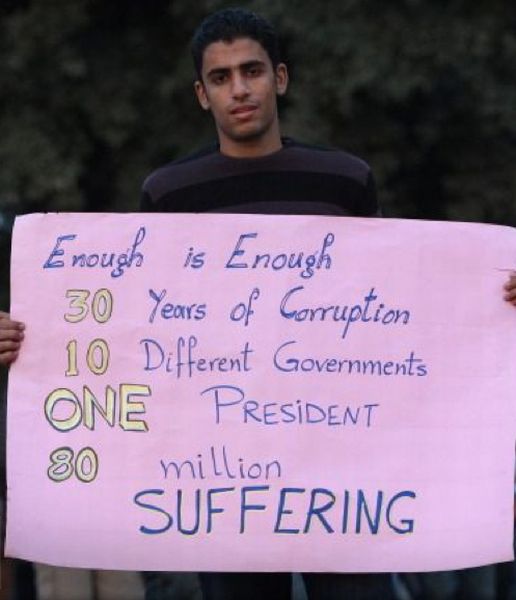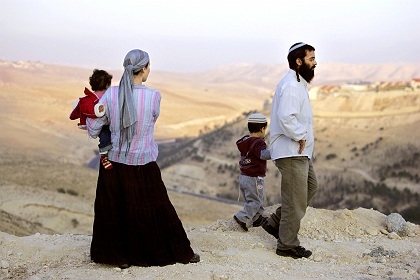Iran arrested opposition leaders Mir Hossein Mousavi and Mehdi Karroubi, along with their wives, and transported them to a prison operated by the Revolutionary Guards in Tehran, family members said.Advisers to the opposition leaders said a senior commander of the Revolutionary Guards who is sympathetic to the opposition movement confirmed the news of the arrest and the leaders' whereabouts. They said he told them they were taken to Heshmatieyh prison, a high-level security facility inside a Revolutionary Guard military base in eastern Tehran.
| Mir Hossein Mousavi, leader of the Green Movement |
And the Financial Times:
The two leaders have been unable to see their children over the past week and their food was reported to have been provided by the security forces. Their children had expressed concern that the two couples had been relocated in recent days when there were no lights in their houses.Reports of the arrests come ahead of a protest called
by the Iranian opposition for Tuesday in protest at the unofficial house arrest of the two leaders.
Will be interesting to see how the media plays this story out...In the meantime, Joe Klein of TIME's blog, aptly commented:
The disconnect between the barbaric regime and the eminently civilized people I've met there is the greatest of any country I've ever visited. I hope the day is near when this terrible government is ended. I fear, though, that it will have to happen from within--through an enlightened leader who allows gradual reforms--rather than from the streets.
~nana tea~














